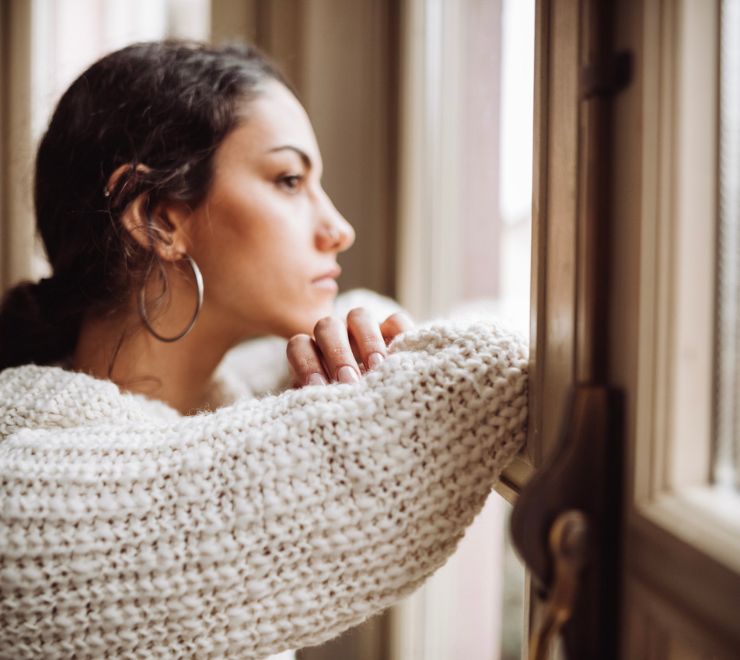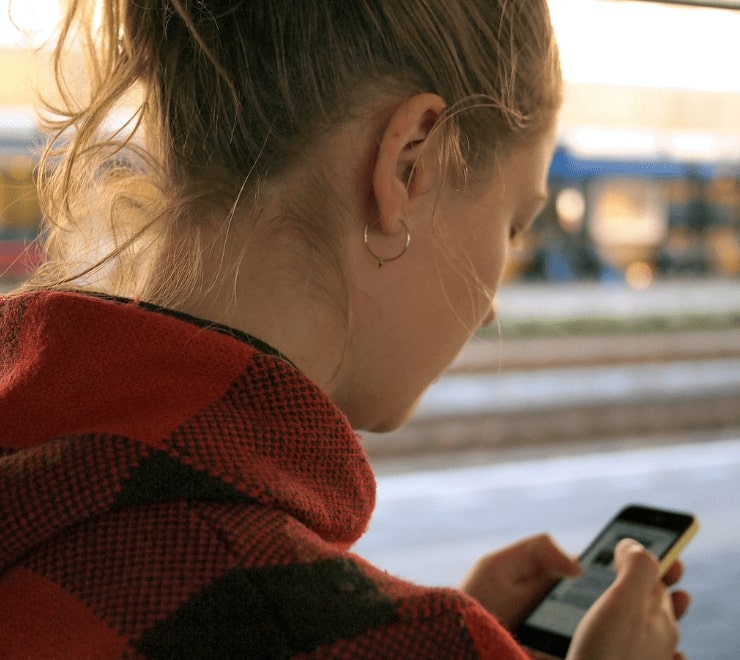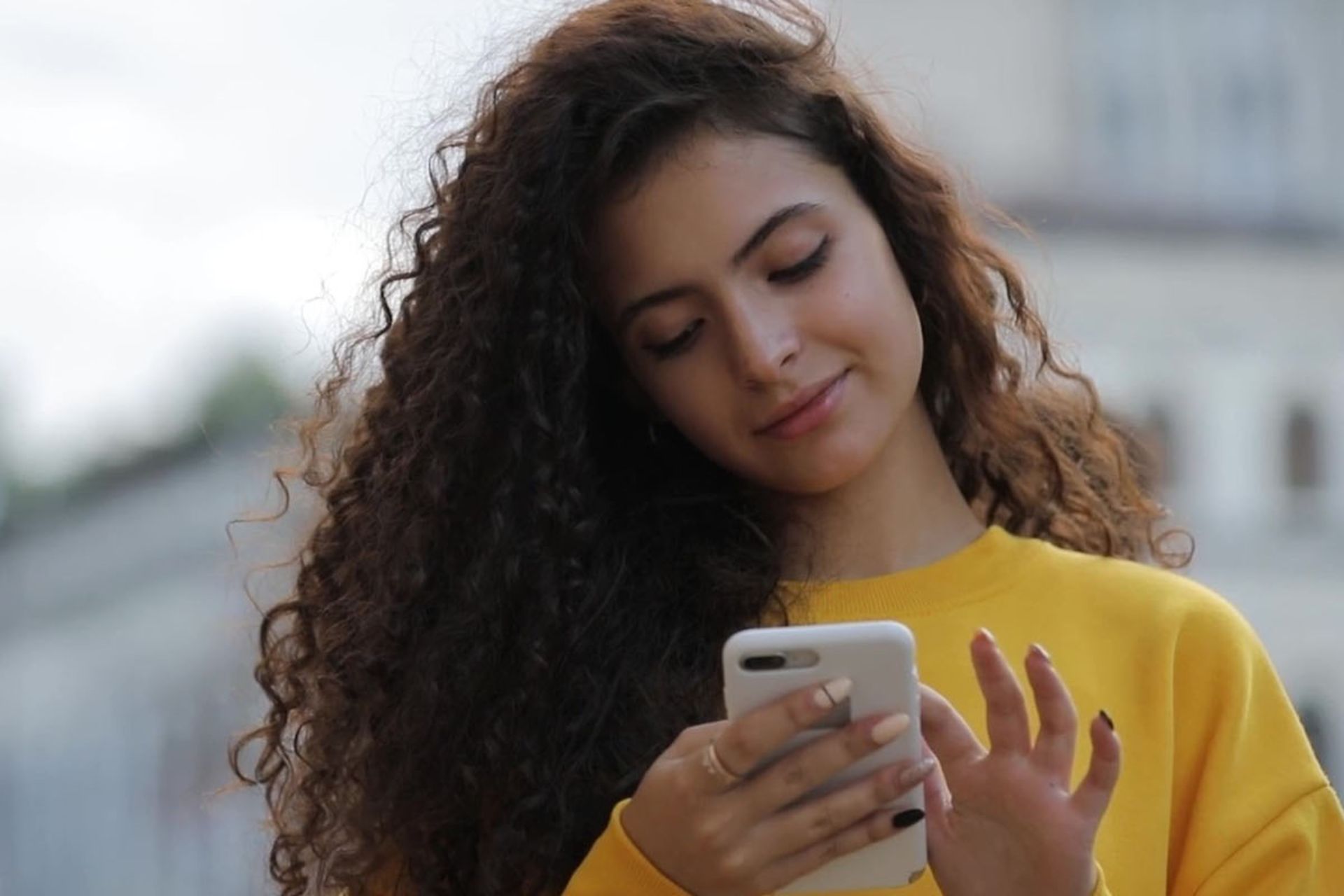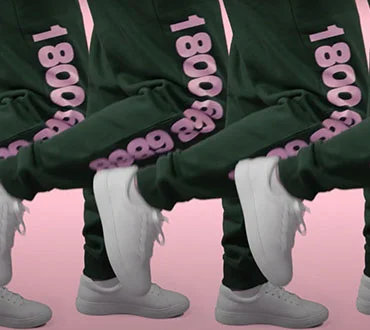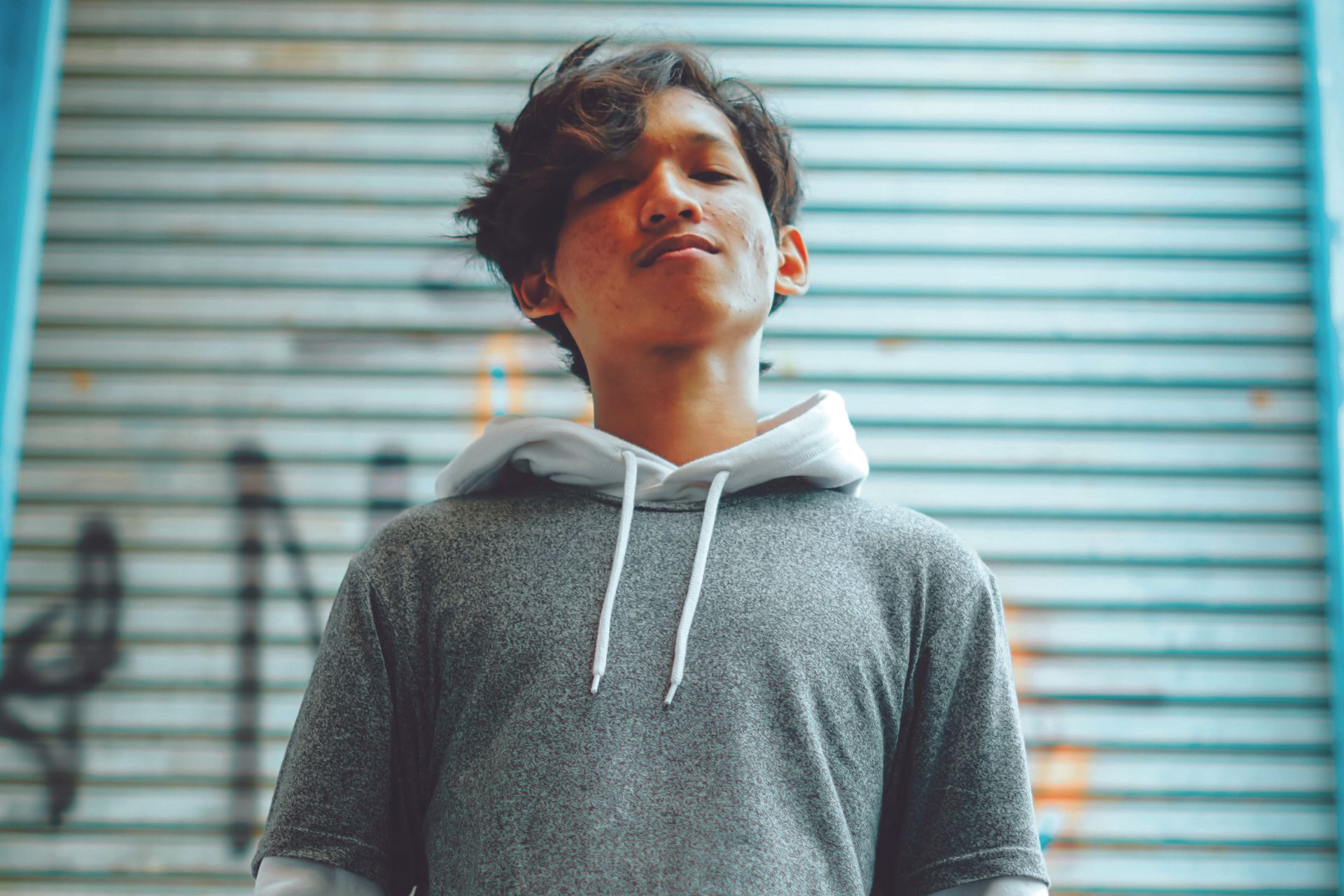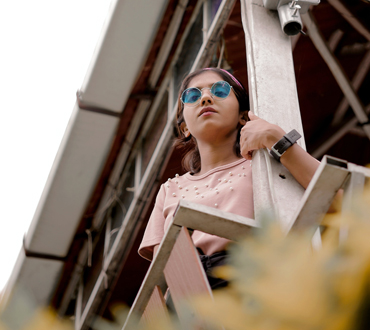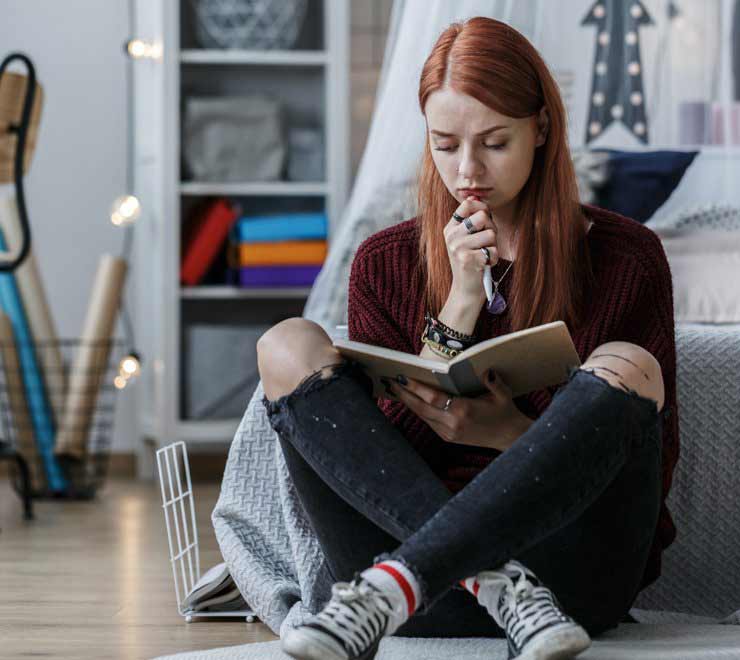You might be noticing more information about COVID-19 vaccines on TV, social media, in the news and in conversations with friends, peers and parents/caregivers, etc. If you’re feeling confused, anxious or stressed about vaccinations, you don’t need to figure it out on your own. Here, Kids Help Phone answers common questions about vaccines and provides resources to support you when you need it.
Where can I find accurate information about COVID-19 vaccines?
It can be confusing to figure out what information about vaccines is correct while learning new medical and scientific terms.
The links below, which provide trusted and easy to digest information about vaccines, are a great place to start:
- Vaccines for COVID-19 (Government of Canada)
- Vaccines for children: Deciding to vaccinate (Government of Canada)
- I got the COVID-19 vaccine and here’s how it went (CBC Kids News)
- Intro to Vaccines for Youth (Foundry BC – some of the information is specific to British Columbia residents)
If available, you also can talk to a doctor about any concerns and questions you may have regarding vaccines.
If I get a vaccine, does that mean I can travel and/or see my friends again?
It’s understandable if you’re feeling isolated or experiencing a sense of loss or grief for the way things used to be. While you may be feeling eager to get back to the activities and people in your life that bring you the most joy, it’s important to continue to follow public health measures in your area to keep yourself and others safe and healthy even after being vaccinated. This means physical distancing, wearing a mask, washing your hands and avoiding going out if you’re not feeling well. Though information about COVID-19 and its spread has come a long way since the pandemic began, there’s still more for health experts to learn before making drastic changes to current restrictions. These changes are informed by things like the number of people vaccinated, the number of COVID-19 cases and the capacity of our health care systems.
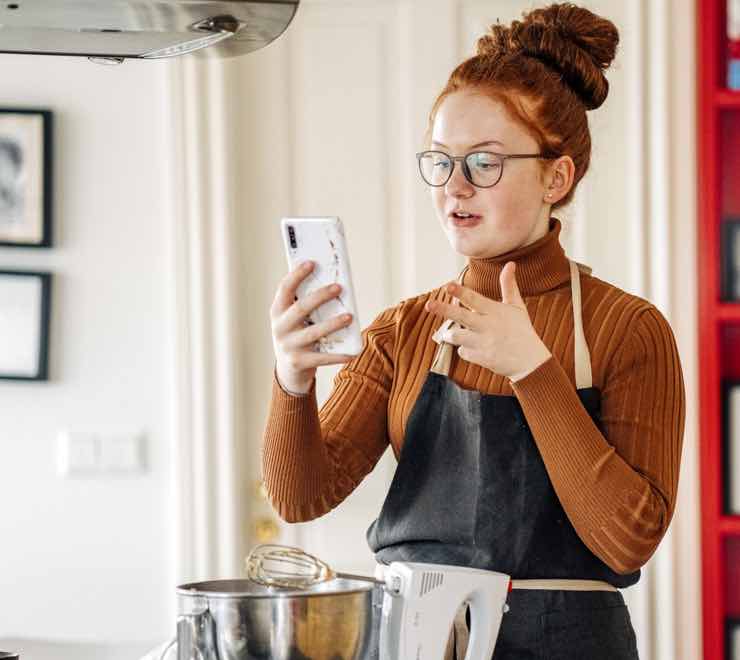
Tips for staying connected during COVID-19
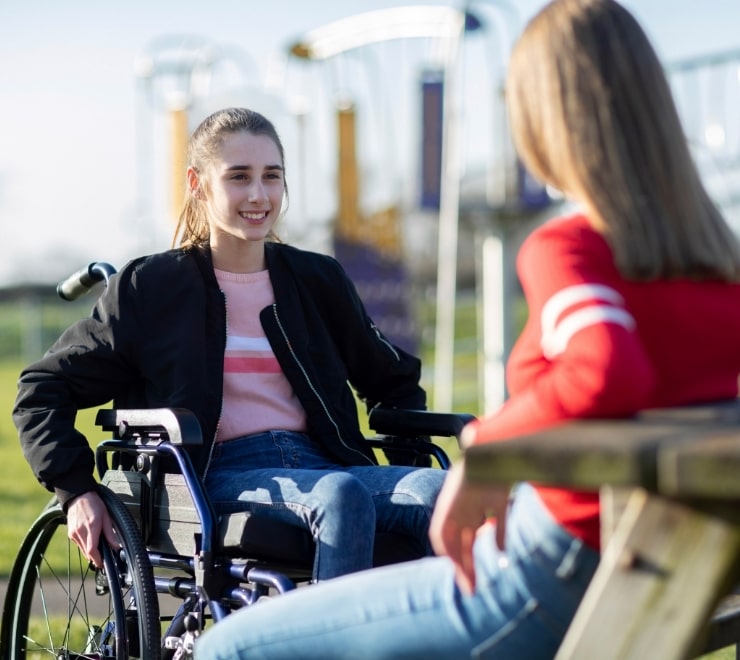
How to map out your community of support
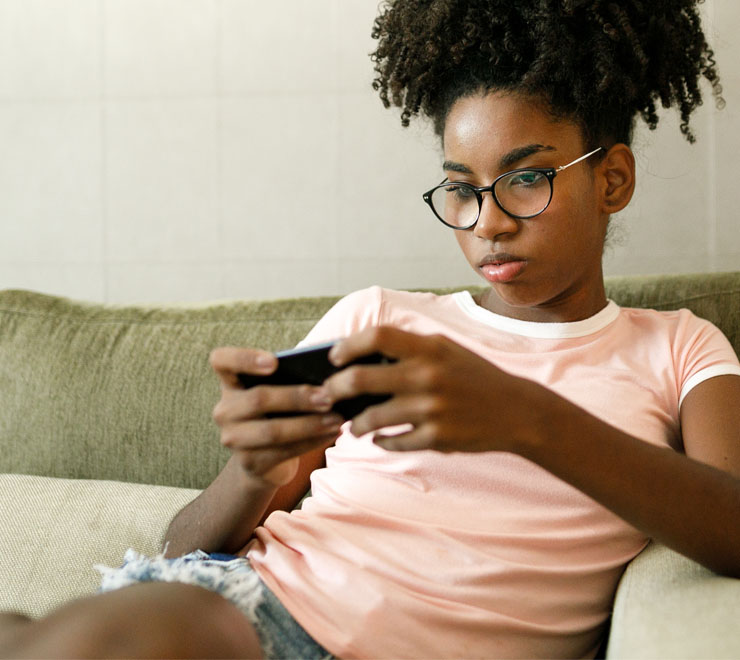
Feeling lonely? Here are some ways to feel better.
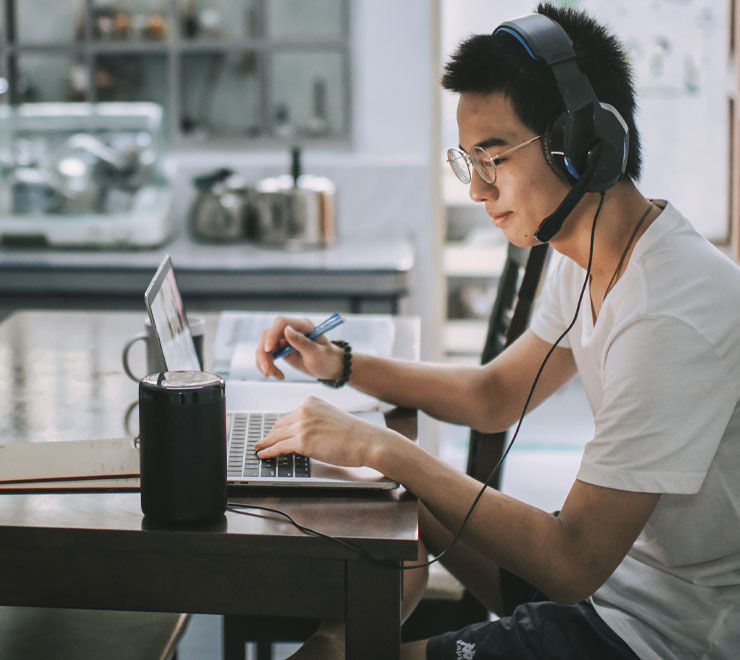
Kids Help Phone’s top 3 wellness tips for newcomers
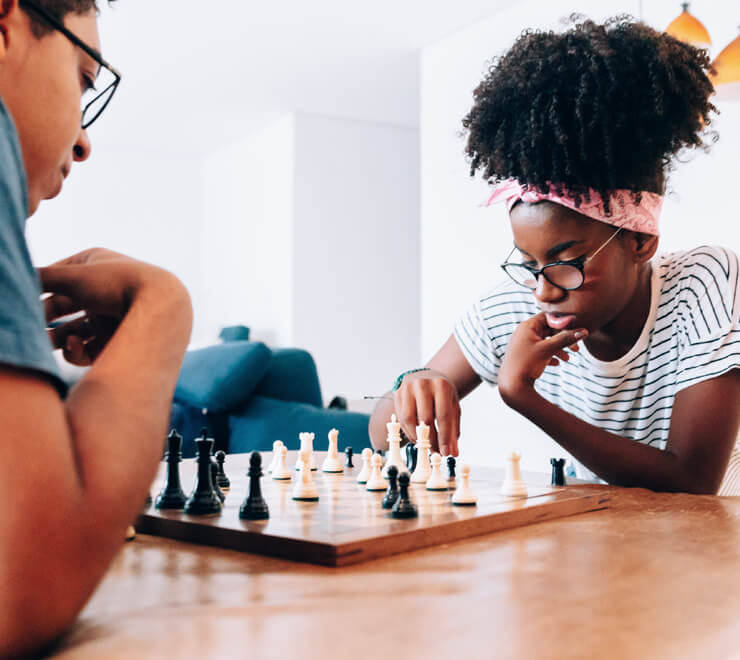
How to cope with social distancing during COVID-19
What if my friends/family/peers and I have different opinions about the vaccine?
It makes sense to feel a range of emotions (e.g. confused, conflicted, angry, sad, frustrated and others) if those close to you hold different opinions and/or are hesitant about the vaccine or restrictions related to COVID-19. It can be difficult to share space with people who have different views that impact your ability to spend time with others and/or engage in activities. Having a different vaccine status or making different decisions from others in the home may also cause tension. Even when you don’t agree, you can get curious and be respectful when discussing sensitive topics with the important people in your life, especially if your decisions impact one another.
Depending on your relationship, you may want to share information (you can use the links and resources in this article) as well as your thoughts and feelings about the vaccine. Keep in mind what you have control over and ways to move forward if you continue to disagree on the topic. This might mean setting boundaries about what you talk about, creating space to engage in fun and light-hearted activities together (e.g. playing games, doing beadwork, watching a movie, sharing stories, etc.) and practising self-care. If you’re being bullied because of differing opinions about the vaccine, support is available. It may be helpful to reach out to a safe adult or connect with Kids Help Phone to share what you’re experiencing.
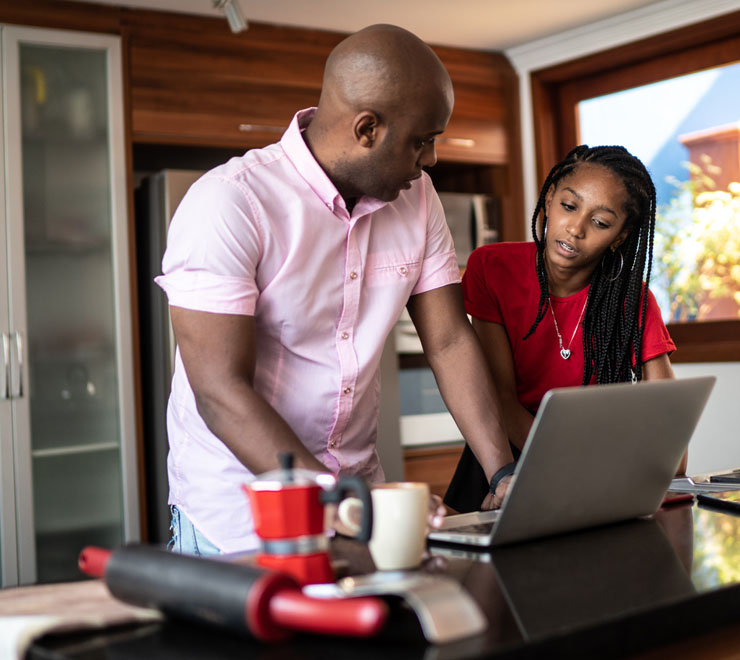
How can I talk to a parent/caregiver about something?
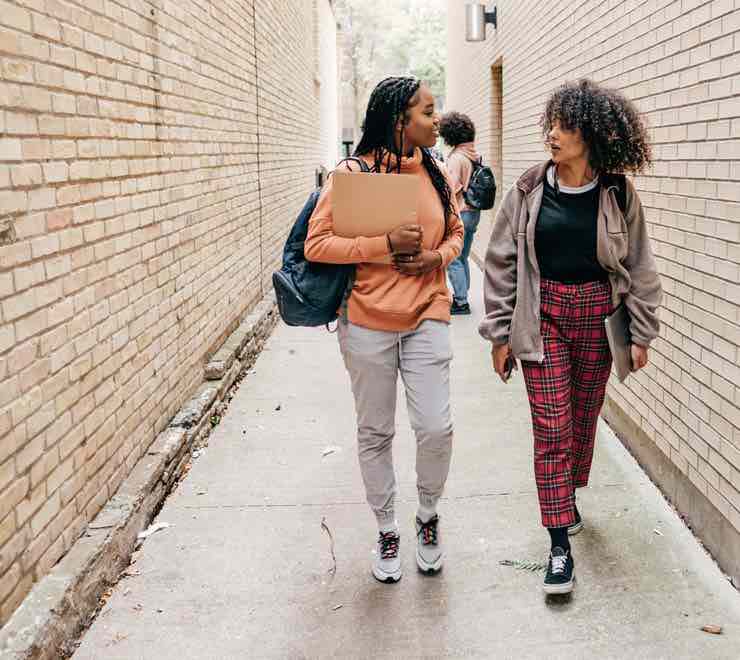
8 tips for difficult conversations with friends
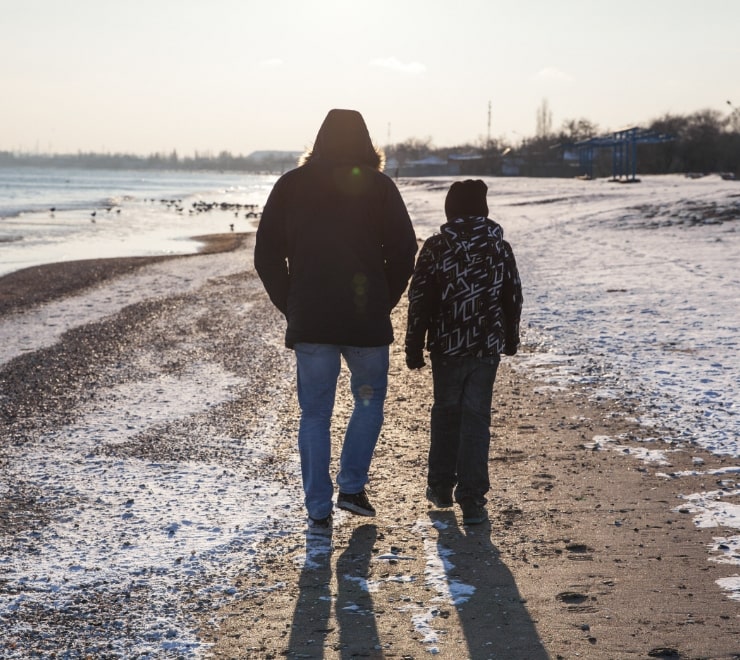
Need to have a tough conversation with someone? Here’s how.

Need to share what’s on your mind? Try letter writing!

How to cope with change in a friendship
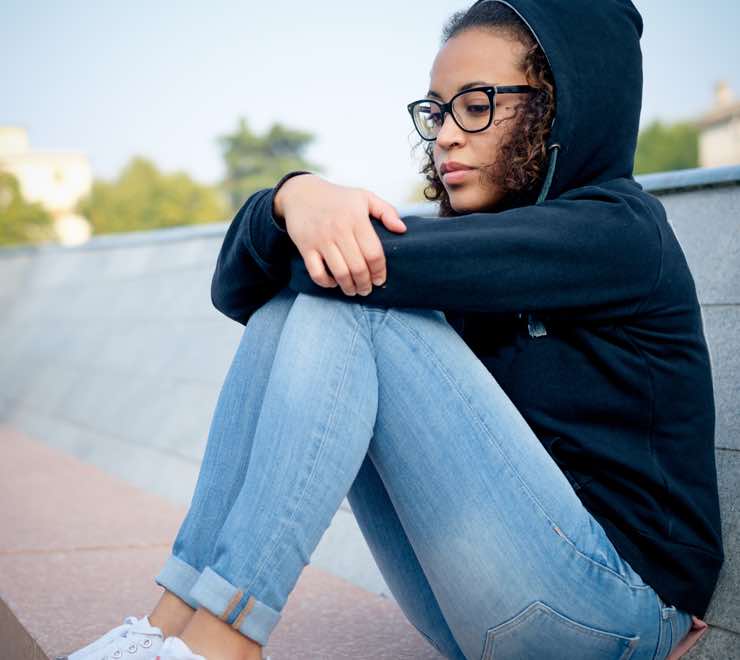
What to do if you’re experiencing bullying
I’m feeling a lot of emotions about the vaccine and COVID-19 – what can I do?
The COVID-19 pandemic has caused many changes in people’s lives and any anxiety, stress, sadness, anger, frustration and/or confusion you may be experiencing is valid. If you have questions about your mental health and well-being or would like to talk about how COVID-19 is impacting your life, you can reach out to someone you trust, including Kids Help Phone’s professional counsellors and volunteer crisis responders.

Taking care of yourself while sharing space during COVID-19
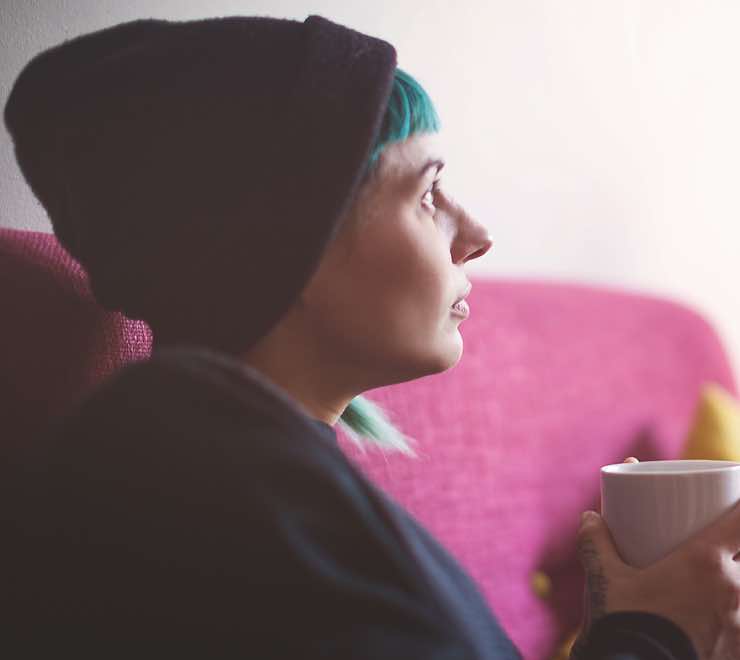
How can I cope with my feelings about the future?
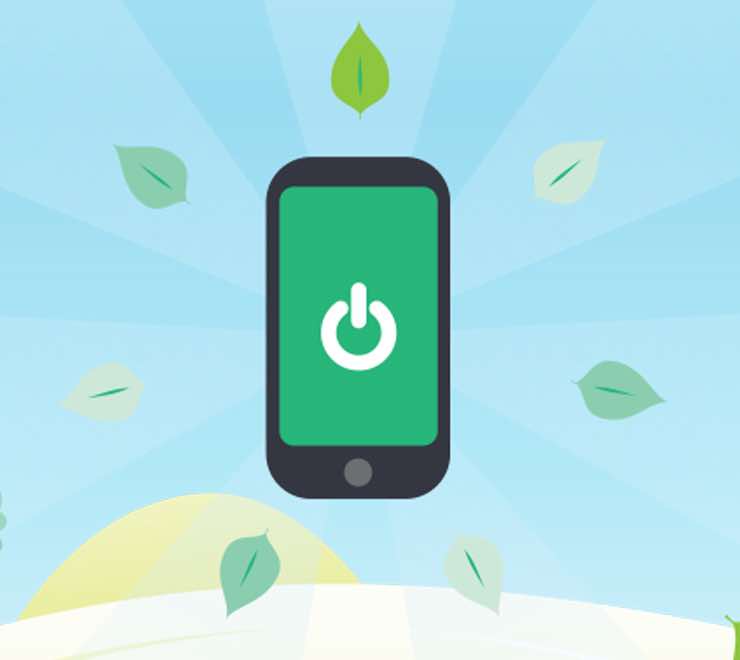
Digital detox: How to unplug and recharge
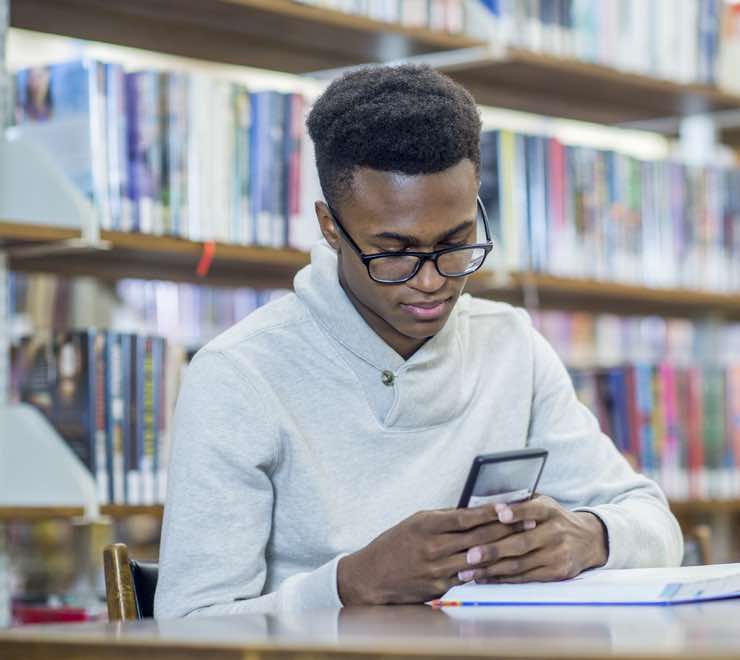
How to manage anxiety and panic

How to cope with upsetting news stories
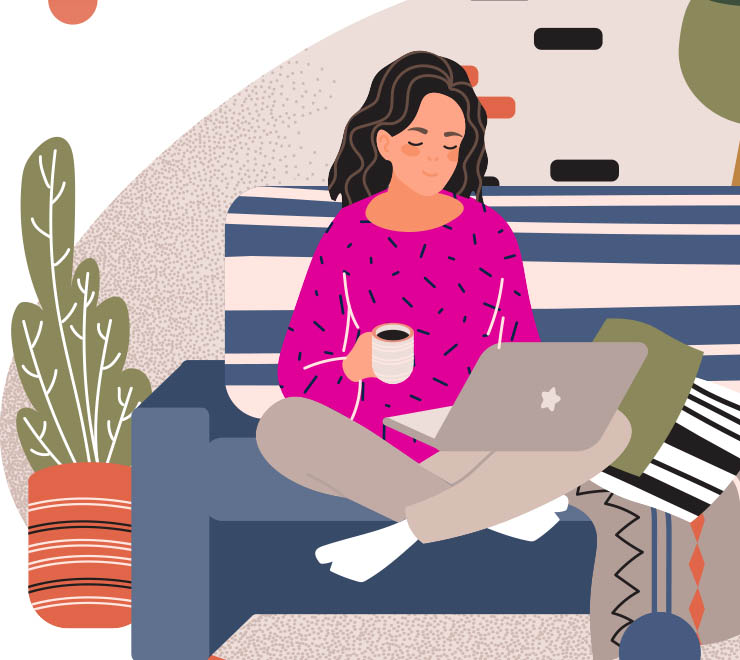
Alicia Raimundo: How I cope with change during COVID-19

Let it out: How to cope with feeling sad
It’s important to remember that while there are many things outside of our control during this time, there are still things you can do to take care of yourself and connect with people you love. Try to take things one step at a time — we can get through this together!


